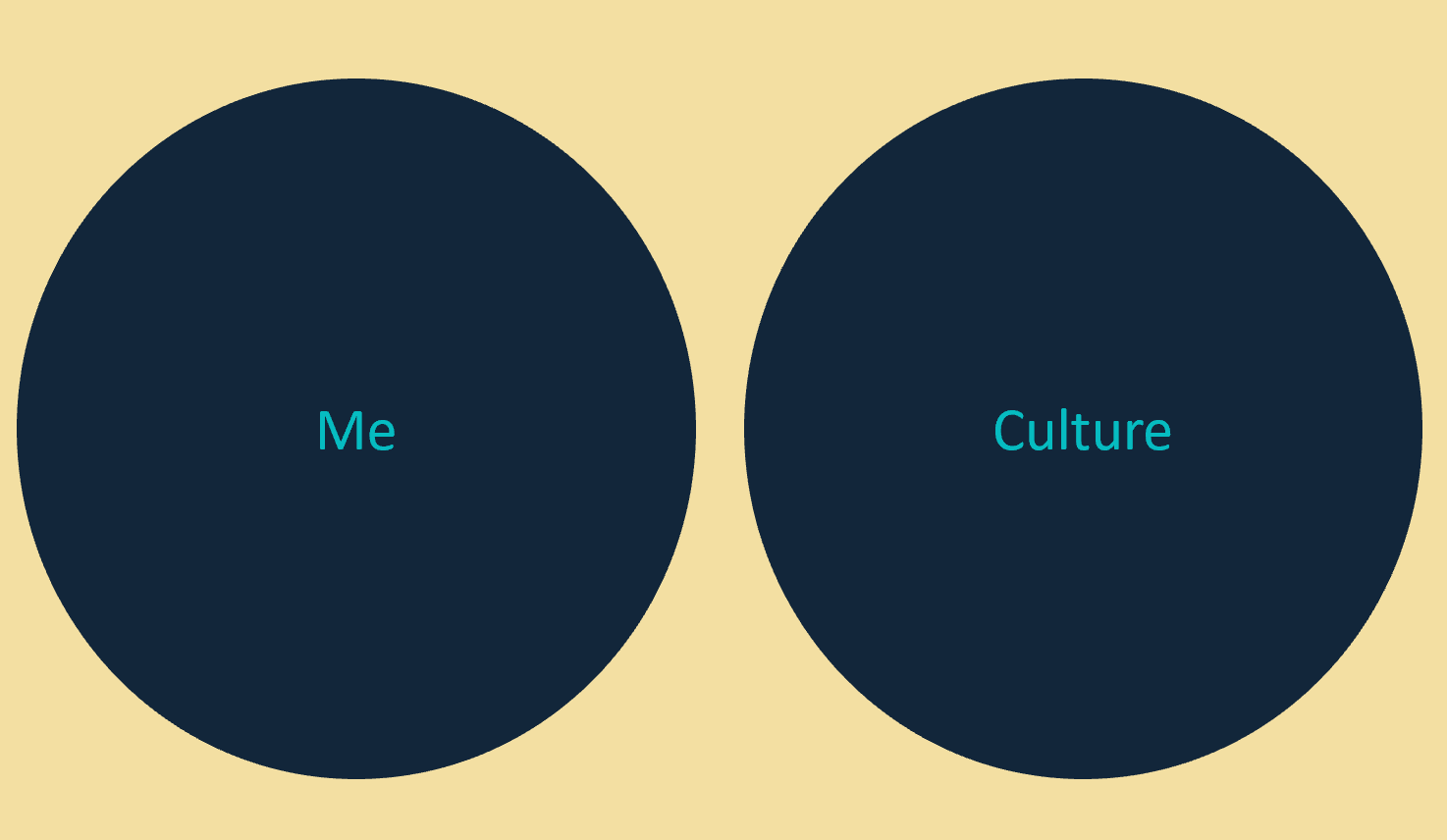I cannot for the life of me scroll through LinkedIn without organisational culture being a topic of discussion. It’s been a hot topic for many CEOs and CHROs have focused on this for the last decade and continue to do so.
However, as we put our focus on organisational culture, what do we stop focussing on? I have a hypothesis that organisational culture is becoming this black hole where we can throw all our organisational issues in and remove personal responsibility across all levels of the organisation. It is rendering employees powerless to this concept we cannot see, but feel.
Why do I say this? I have noticed many times people lose/abdicate their own sense of agency and power because of this phenomenon called organisational culture. I have noticed beliefs and assumptions that people cannot influence or challenge organisational culture, so we/you don’t bother trying.
Why is this, because well it has hidden benefits. If we believe we can influence it then we accept responsibility for our part. Therefore, it makes it harder for us to blame the system. How we view ourselves in light of culture makes a difference.


Let me tell you a story:
There was an employee in an organisation who thought it would be a great idea to improve how the organisation selected candidates, because the manual sifting was taking too long and management were missing out on good candidates. The organisation had huge focus on diversity and inclusion and their idea of introducing an assessment which will reduce the bias in the selection process. The idea ticked a lot of boxes:
- Candidate experience
- Diversity and Inclusion
- Remove manual sifting
- Widen the pool of candidates
This organisation was also known to ‘hire’ liked and known candidates and leaders often could hire who senior leaders wanted and ignore the process. This created tension in the organisation and challenged their narrative on D&I hugely. It was the hottest topic at executive level for months, and people really got stuck on it. It caused agitation and hours of discussion at the highest level of the organisation. This employee had caused the organisation to look at it’s way of working deeply, even though the leadership did not know that this is what was going in. Their new narrative of D&I was being challenged through ACTION with an older more historic way of working. One employee did this.
The analogy of a vaccine is useful here, in how something small can create huge impact on the health of the larger system.
If we ignore our ability to shift or impact the culture, then we become passive. When we become passive, we become agitated and often seek to blame with the ideal target becoming organisational culture. Organisational culture is not a silver bullet to solve all your problems, it’s certainly part of the problem and at times we should include ourselves in that.
Other issues on working with organisational culture:
- The belief that if we have new values then this will ‘fix’ the current cultural problems.
- Having someone external or internal measure the culture and then do nothing with it. Either seek to influence the pieces you are not happy with or accept it for what it is and not pretend to be something else.
- Leaders not knowing where to start with culture, so they don’t bother because ‘It’s too hard!’. Yes it is hard, but it’s about small actions over a long period which can influence the culture on the long term through compound effect.
- You want a positive culture, yet not acknowledge the darker side. Any organisation which is under stress/poorly led will exhibit undesirable behaviours. Organisations are like people, they are a living organism. They too have defensive behaviours just like we do!
- Sometimes issues are not to do with culture but the poor systems, processes and classical management. These are less visible to layers of management but, create a lot of noise and therefore can be mistaken for culture.
- Sometimes the change is not the organisation but work with self, how do we need to change or adapt to work here. What is the price of belonging to this organisation and am I happy to pay the price?
My point of personal responsibility is not just for leaders and managers, but everyone. Take the story of the employee who was not a manager or leader and had no prescribed authority. I take that leaders and managers have more of a role, they tend to make more decisions and are more visible, but as you can see anyone can make a stand. Although I am idealistic in what I say next, but I wonder what an organisation would be like if we all took responsibility for ourselves and the impact we have on the culture.
We become the stories we tell ourselves, each other and the organisation. What do you want to change today?
Nims is an Organisational Design and Development consultant at the MOD, she also freelances and supports SMEs. She is an executive coach and a trainee transactional analyst in the field of organisations.

Recent Comments